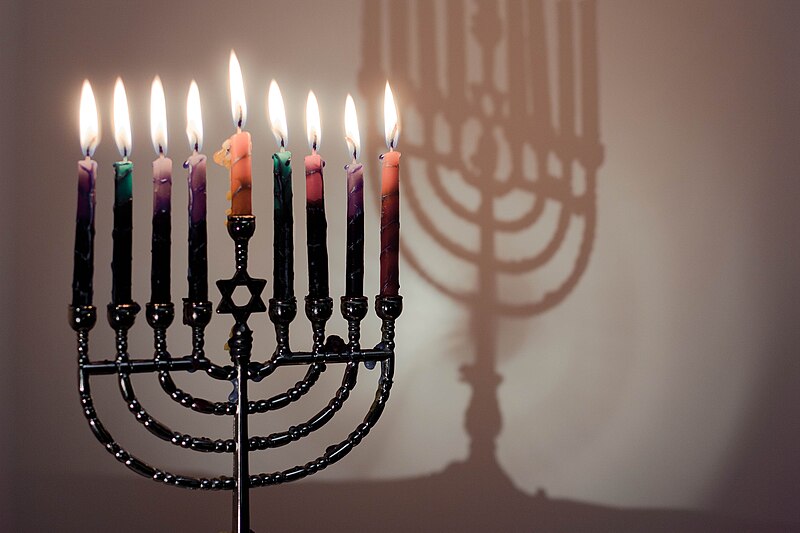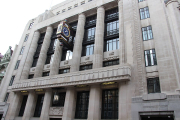
This year marks a rare calendar coincidence as the first night of Hanukkah aligns with Christmas Day, an overlap that has not occurred since 2005. Such intersections happen roughly five times
per century, a result of the differing structures of the Jewish lunar calendar and the Gregorian solar calendar.
Hanukkah, often called the Festival of Lights, begins on the 25th day of Kislev in the Jewish calendar, which operates on a lunar cycle of approximately 354 days. By contrast, the Gregorian calendar follows a solar year of 365 days. This discrepancy causes Hanukkah to shift earlier each year relative to the Gregorian calendar. However, periodic leap years in the Jewish calendar—which add a 13th month—help realign the holidays with their traditional seasons.
The holiday commemorates the miracle of light that occurred during the rededication of the Temple of Jerusalem by Judah Maccabee. Central to the celebration is the nightly lighting of the menorah, with an additional candle lit each evening over the eight days of the holiday. The menorah symbolizes the miracle in which a single day’s supply of oil burned for eight days in the Temple. The lighting ceremony is accompanied by prayers, blessings, and traditional songs, emphasizing themes of dedication and faith. The word "Hanukkah" itself means "dedication."
Hanukkah has started on December 25th five times since 1900: in 1910, 1921, 1959, 2005, and now in 2024. This year, Hanukkah begins at sundown on December 25th, just hours after Christmas Day begins, and will continue until January 2, 2025.
According to Hebcal, a Jewish calendar resource, this overlap will happen again in 2035 and 2054. Photo by Dov Harrington, Wikimedia commons.









































